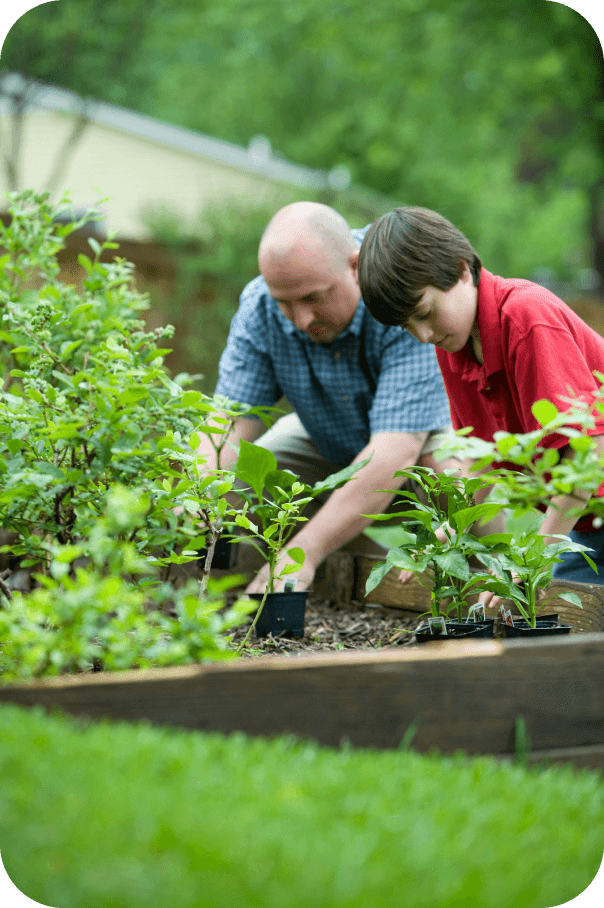10 Essential Gardening Tips for Beginners
Apr 28, 2024

Gardening can be a rewarding and therapeutic hobby, but if you’re just starting out, it might feel a bit overwhelming. Fear not! These 10 essential gardening tips for beginners will help you cultivate a thriving garden and develop your green thumb.
1. Start Small
When you’re new to gardening, it’s best to start small. Choose a manageable space or a few pots to begin with. This way, you can focus on learning the basics without feeling overwhelmed. As you gain confidence and experience, you can expand your garden.
2. Choose the Right Plants
Selecting the right plants for your climate and soil type is crucial for gardening success. Research which plants thrive in your area and start with those that are known to be hardy and low-maintenance. Native plants are often a good choice for beginners.
3. Know Your Soil
Understanding your soil is key to growing healthy plants. Conduct a simple soil test to determine its pH and nutrient levels. Depending on the results, you may need to amend your soil with compost or other organic matter to create an ideal growing environment.
4. Water Wisely
Proper watering is essential for plant health. Most plants prefer consistent, deep watering rather than frequent, shallow watering. Invest in a soaker hose or drip irrigation system to ensure your plants receive the right amount of water without wasting it.
5. Learn About Sunlight
Different plants have different sunlight requirements. Pay attention to how much sun each part of your garden receives throughout the day and choose plants that match those conditions. Most vegetables and flowering plants need at least 6 hours of sunlight per day.
6. Use Mulch
Mulch is a gardener’s best friend. It helps retain moisture, suppress weeds, and regulate soil temperature. Organic mulches like straw, wood chips, or compost are great choices. Apply a layer of mulch around your plants, but be careful not to pile it too close to the stems.
7. Fertilize Appropriately
Plants need nutrients to grow, and sometimes your soil may not provide enough. Use a balanced fertilizer to give your plants a boost. Organic options like compost, fish emulsion, or worm castings are excellent choices. Be sure to follow the instructions on the fertilizer package to avoid over-fertilizing.
8. Prune and Deadhead
Regular pruning and deadheading help promote healthy growth and blooming. Remove dead or diseased leaves and stems, and trim back overgrown branches. Deadhead spent flowers to encourage new blooms. Proper pruning techniques vary by plant, so do a bit of research to learn the best practices for each type.
9. Keep an Eye on Pests
Pests can quickly become a problem in the garden. Regularly inspect your plants for signs of pests and take action early. Natural solutions like neem oil, insecticidal soap, or introducing beneficial insects like ladybugs can help keep pests under control without harming your plants or the environment.
10. Be Patient
Gardening requires patience and persistence. Not every plant will thrive, and you might make mistakes along the way. Learn from these experiences and keep experimenting. With time, you’ll develop the skills and knowledge to create a beautiful and productive garden.
Conclusion
Starting a garden can be one of the most fulfilling activities you undertake. By following these 10 essential gardening tips for beginners, you’ll be well on your way to growing a healthy and vibrant garden. Remember, the key is to start small, stay curious, and enjoy the process of learning and growing.
Keywords:
Gardening tips
Beginners gardening
Start gardening
Plant care
Garden soil
Watering plants
Sunlight for plants
Mulching
Fertilizing plants
Pruning plants
Pest control